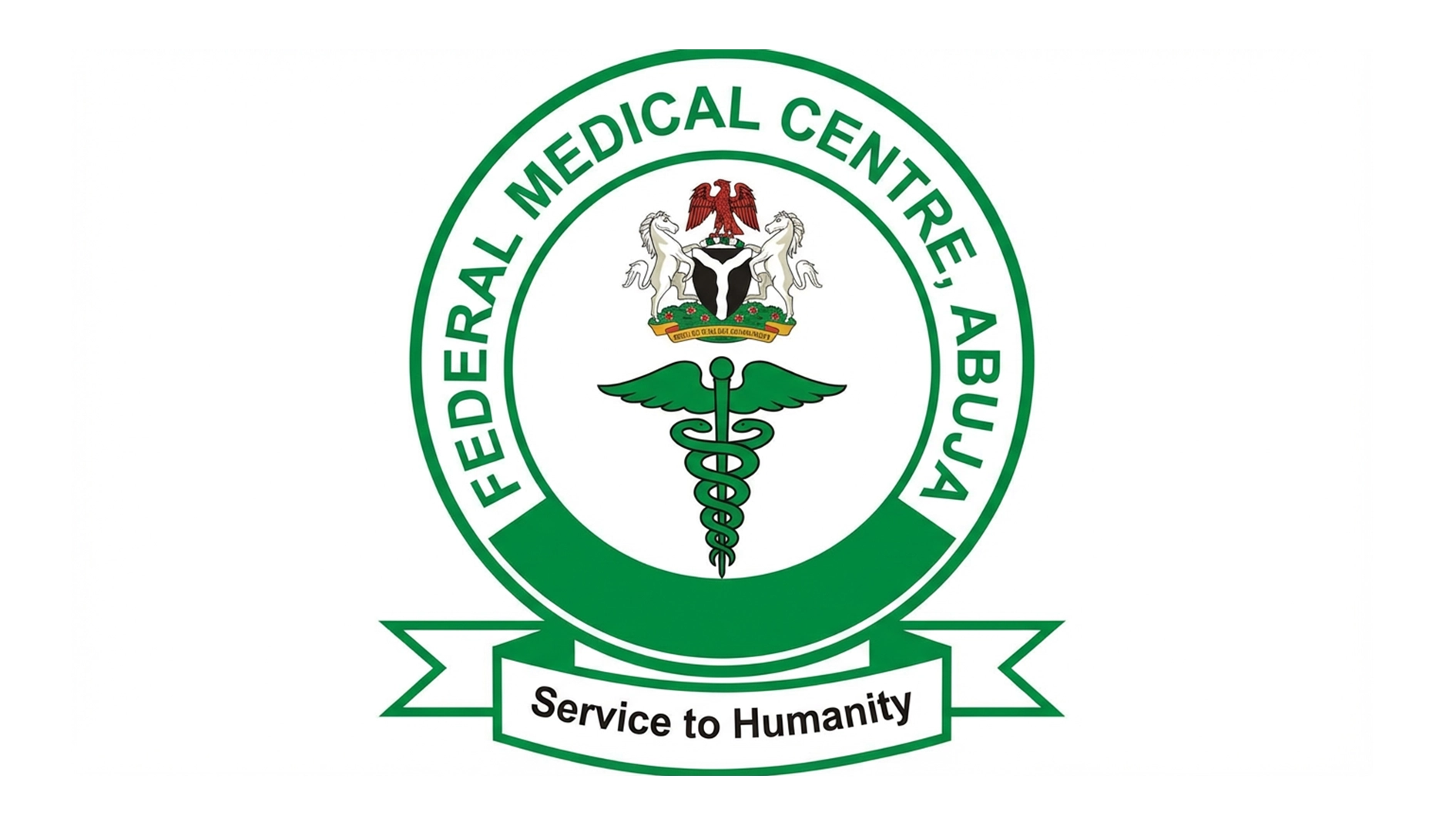With over 37 million Nigerians lacking access to adequate menstrual products, the Co-founder of Be Girl Inc., Diana Sierra, has emphasised the need to address the high menstrual poverty and ensure menstrual equity for women and girls in the country.
The group also advocated embedding menstrual health in national curricula, supporting community-led delivery models, offering girls real choices in product access, and giving boys the tools to become active allies. Be Girl Inc. is a global social enterprise dedicated to ending ‘period poverty’ and advancing menstrual equity through innovative design, youth-centred education, and rigorous data systems.
Speaking to The Guardian at this year’s International Menstrual Hygiene Day, Sierra said that menstrual health should be embedded in national policies on health, education, and gender equity, and supported through long-term investments in local delivery systems.
She noted that Nigeria lacks a standardised national curriculum to anchor Menstrual Health hygiene programming across sectors and actors.
Sierra emphasised the need to expand comprehensive menstrual health education for girls and boys; engage parents, educators, and communities in menstrual health awareness since adolescents do not learn in isolation; improve access to safe and sustainable menstrual products and strengthen national and local menstrual health systems.
She observed that Nigeria can ensure menstrual equity for women and girls and noted that Be Girl Inc. is eager to offer support as a technical assistance partner to the Federal Ministry of Women’s Affairs.
Sierra stated that the draft National Policy on Menstrual Health and Hygiene Management, which has been under development for some years, is now undergoing regional reviews, and will guide the actions and decisions on menstrual health and hygiene management in the country.
She explained that the organisation’s mission is to bridge the access gap in Menstrual Health and Hygiene (MHH) by supporting NGOs, UN agencies, and governments in their MHM efforts, offering sustainable period products, menstruation education curricula, and data collection tools to achieve global impact goals in health, education and gender equity.
She said, “Our curriculum and SmartCycle menstrual tracker are essential to breaking taboos and promoting good menstrual health. Be Girl distributes a line of sustainable menstrual products, including our PeriodPanty, a 2-in-1 product that combines underwear with built-in menstrual protection through a pocket that holds absorbent material for menstrual flow.
“Our portfolio includes a reusable pad, FlexiPad, FitCup, and a medical-grade silicone menstrual cup with a sterilization case. We have developed a data collection toolkit and can support partners in data analysis to help their organizations measure the impact of their interventions and build the necessary evidence base to help mobilize resources to scale.”
Sierra said the organisation plans to reach over one million girls and women across 36 countries, mainly in Africa, with Menstrual Health products and Education, including impactful partnerships with governments and donors in Mozambique, Angola, and Ivory Coast.
“We have co-created national Menstrual Health and Hygiene (MHH) curricula with the Ministries of Education and Health in these countries.
These curricula now serve as the foundation for all public MHH efforts. We recently launched our operations in Nigeria by conducting a baseline study to understand the local context for informed programming interventions.”
She stated that the Menstrual Health Project in Makoko provided girls and boys with language, tools, and confidence to better understand and navigate menstruation. It also offered a window into what remains unfinished: persistent stigma, uneven access to products, and the absence of ongoing support systems.






